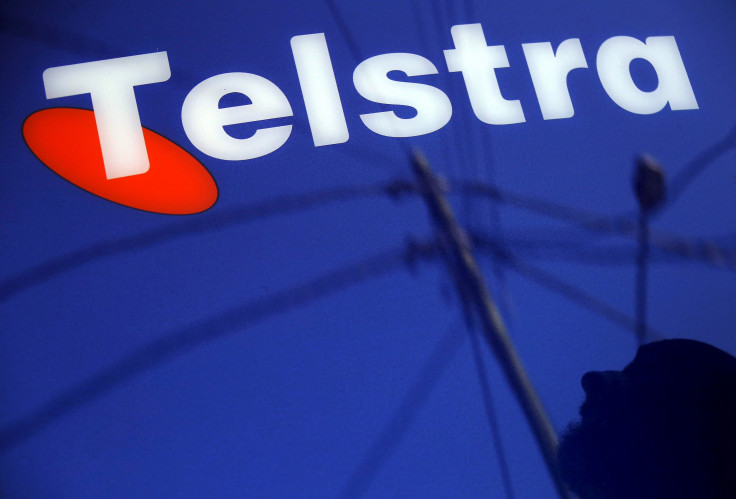Telstra enters acquisition with Singaporean cloud DeClout to sell ISP asset, help solve Philippine network woes

Telco giant Telstra has decided to sell its Pacnet ISP to intensify its presence in Asia, more specifically in the Southeast region.
The firm said in a statement that it inked an acquisition deal with Singaporean cloud provider DeClout that gives the latter complete control over its ISP assets and business. The US$4.4 million [AU$6.2 million] deal is currently awaiting regulatory consent from the Infocomm Development Authority of Singapore. Its approval will see the newly acquired assets under a new brand name, Pacific Internet.
The first half of the deal — a total of US$2.3 million [AU$3.3 million] — includes DeClout’s subsidiary Acclivis’ integration of its Pacnet Internet Singapore's ISP assets into its existing ISP business. The remaining US$2.1 million [AU$3 million] will grant Acclivis a telco license, allowing it to expand its presence in Thailand.
Telstra said that the sale came upon discovering a security breach in Pacnet’s corporate IT network a few days after completely buying it from its original Hong Kong-based owner.
"The sale is consistent with our strategy for our global enterprise and services business, which includes the former Pacnet assets, to provide services to multinational companies and other large enterprises, rather than the small business segment,” a Telstra representative told ZDNet.com.
Telstra, however, remains adamant that it still wants to see the business grow in the region. Just recently, the company revealed that it has been meeting with giant food and beverage conglomerate San Miguel Corporation to presence in the Philippines.
“We are not expecting it to be more than US$1 billion. That would be essentially Telstra’s equity investment. We could own 40 percent of the venture, which would also have external financing as well,” Telstra chief Andy Penn told The Australian.
The expected Philippine entrance will radically alter the telco industry in the country, as it has been long-dominated by two giants that have grown and expanded locally by acquiring or merging with smaller competitors in the past.
Currently, the Philippines is among the countries in the world with the slowest Internet speed. Telstra, which has been promising that it would be a game-changer should it reach a deal with San Miguel, is expected to intensify the competition on the market.
Local reports say that Telstra’s local market inclusion poses a threat to current ringleaders Globe Telecom Inc. and Philippine Long Distance Telephone Co.
5BARz International (OTCQB: BARZ), a start-up American network extender provider that is presently helping India solve its massive call drop problems, agrees.
“The Philippine market, which is suffering from slow Internet connection and expensive but inferior mobile network service, is undoubtedly an attractive market for larger –and even smaller—players,” former Apple CEO and current 5BARz chairman Gil Amelio said in an email interview.
Amelio also revealed that 5BARz is now in talks with various telco firms in Southeast Asia. Its plug-and-play device — marketed simply as 5BARz — promises to boost mobile network signals up to 70db (the strongest in the market today), covering a 4,000 square feet radius in an enclosed area.
Telstra Chief Executive Officer Andy Penn has described Asia as a key part of his growth strategy, seeing the Philippines as a viable and potential market that could turn his expansion plan into a reality.
Contact the writer at feedback@ibtimes.com.au, or let us know what you think below.






